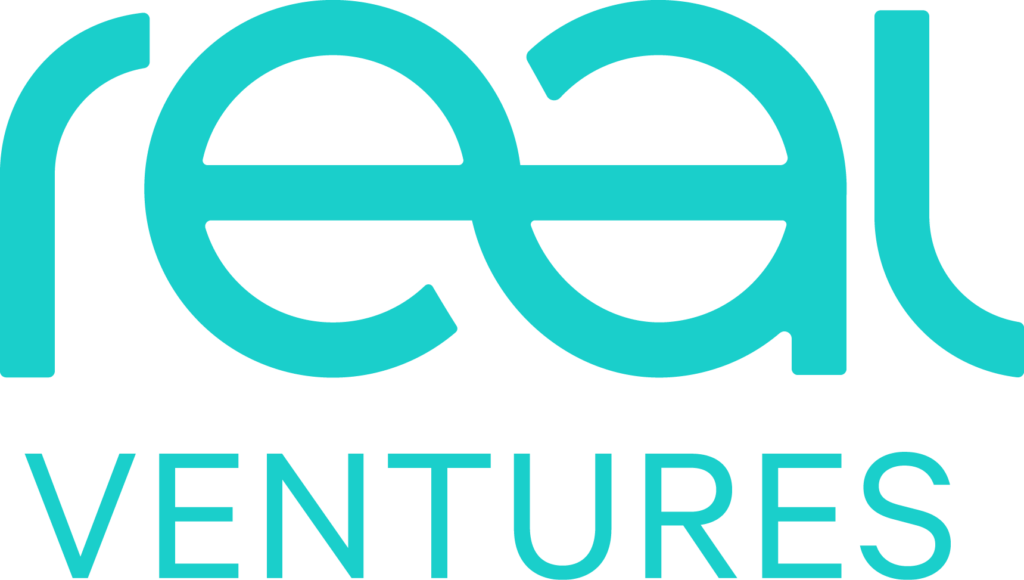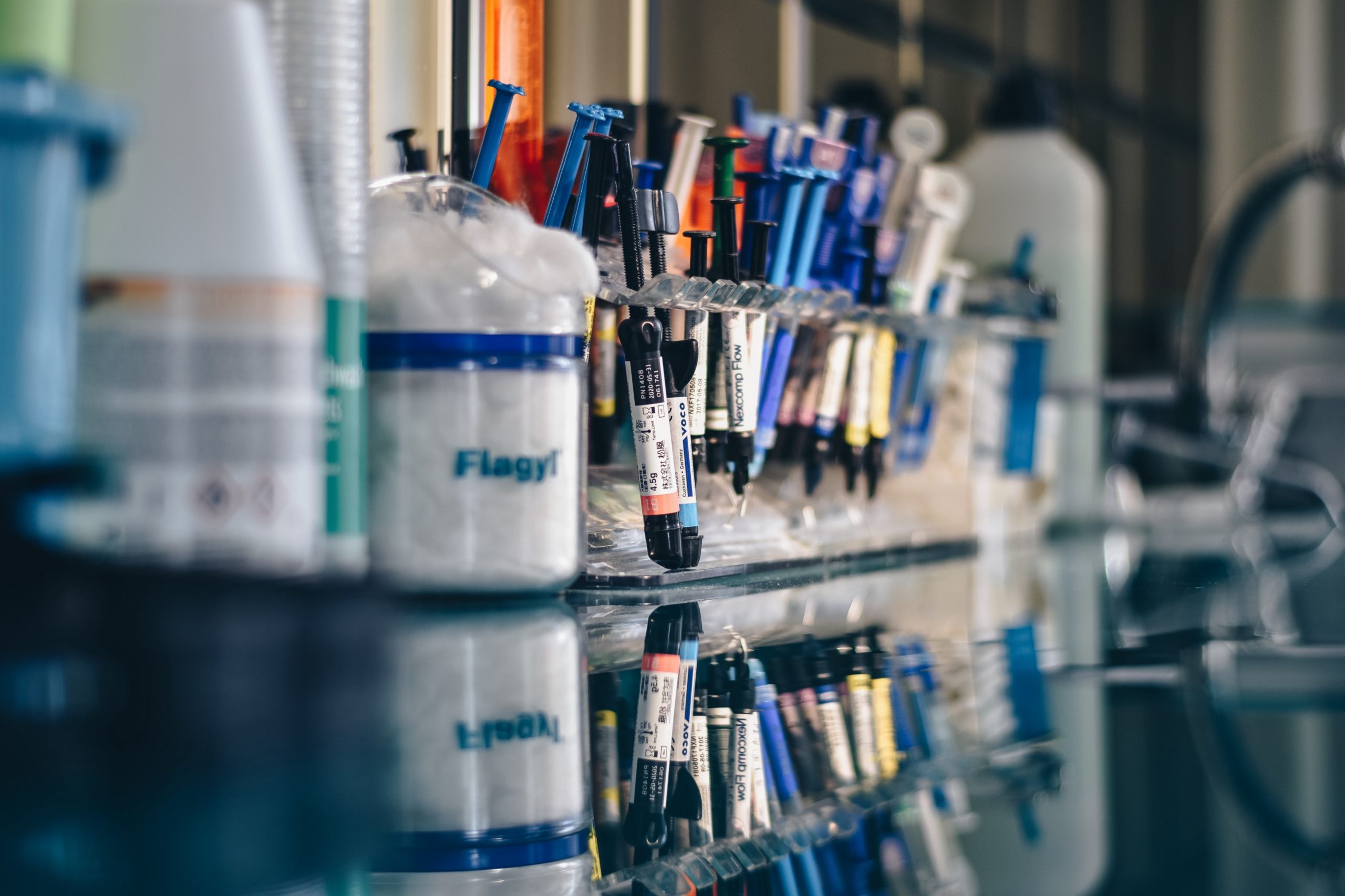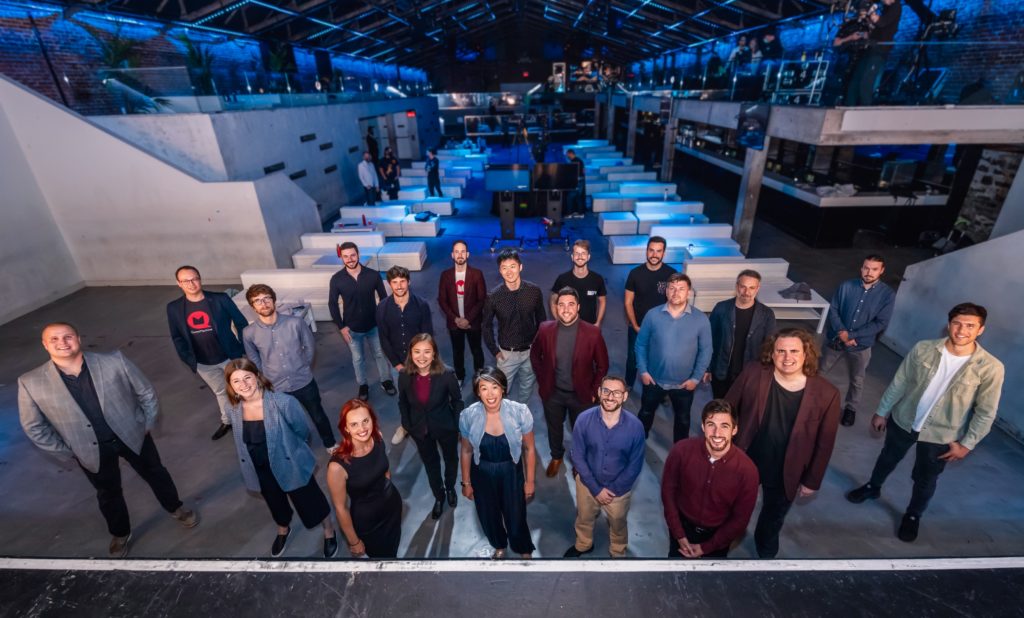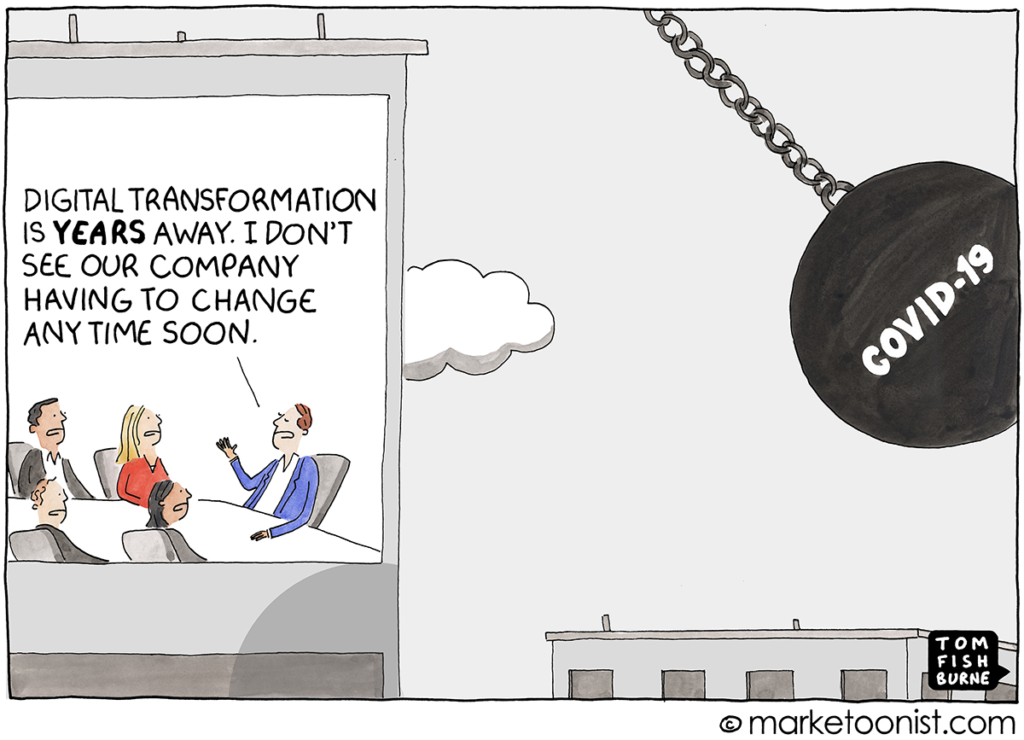This series of posts is diving into the ways Real-backed companies are responding to the COVID-19 pandemic. This is part 3 of a 3-part series.
AsCOVID-19 swept the world, many companies working in the healthcare, biotech and pharmaceutical industries quickly asked themselves: how can we help? The ripple effect of the disease has created new challenges for the medical system — and Real Ventures portfolio companies such as Swift Medical, MIMS, InVivo AI and BenchSci are working hard to have a significant, positive impact.
Bringing vital care to those in need
For Swift Medical, a Toronto-based startup and global leader in digital wound care, the early days of the COVID-19 crisis caused significant concern as many of the patients treated with their app — older adults and those with underlying health conditions — are in the highest-risk category for COVID-19. Many of these vulnerable patients are cut off from the vital wound care they need while in isolation or quarantine. Without access to proper treatment, chronic wounds can quickly lead to infection, amputation and death.
“We started to see a drop in clinical assessments,” said Carlo Perez, co-founder and CEO of Swift Medical. “The first instinct was we’ve got to help somehow…and we just really focused on how we could best engage and provide something.”
The telewound solution was a product they had in the pipeline for release in 2021. While Swift Medical’s core product has been used by clinicians to treat chronic wounds in institutional care settings, the need for a remote solution that could be used by patients in their homes became more urgent.
“Our software exists because we are able to take a highly-scientific bedside image in any environment, no matter who’s at the point of care, and pass that on to someone who can best respond to it,” said Carlo. “Wound care staff at the McGill University Health Centre already supports northern, isolated Cree communities around James Bay with our software in a virtual use case, so we’ve been doing this for a long time — it just hasn’t been our core offering.”
Thus, the Telewound Coalition was born — a collective of clinical experts, healthcare providers and technology innovators with the mission to provide remote wound care and share best practices throughout this crisis.
“The coalition’s objectives are to ensure accessibility and continuity of wound care, to preserve the health and safety of our most vulnerable patients and care providers, to prevent further spread of the virus, to decrease demand on personal protective equipment (PPE), and to alleviate hospital capacity pressures.”
For the Swift Medical team, accelerating the rollout of the product, which had been in limited use and is now being deployed at scale and available to patients for free, also meant a major acceleration inside their team.
“It feels like we’re back in day one of startup mode, except we have the benefit of the massive sophistication of our team,” said Carlo. “Everyone is just doing what needs to be done without being asked because obviously we’re running fast to figure out how to be most impactful in this environment. The challenge of helping on a massive scale is why people joined our company. It’s like: ‘Now I get to do that times ten in one-tenth of the time frame.’”
New virus, new data to crunch
While the specifics of Swift Medical’s change of focus and quick acceleration may be unique, they are by no means the only startup working in the health tech space that quickly assessed how they could shift gears to deploy a product that would make a meaningful impact during this crisis.
Sarah Jenna is the co-founder and CEO of My Intelligent Machines (MIMs), a biotech startup that is accelerating personalized medicine by leveraging AI and genomics. MIMs develops software for research and development in life sciences among other industries and with the COVID-19 crisis, there was no question that it would be crucial for Sarah and her team to use their expertise to support research contributing to finding vaccines and other treatments for the disease.
“Because we’re developing software for R&D, we realized extremely fast that the active R&D in the life science space is now around COVID,” Sarah said. “Within eight hours we found partners and we launched PandemIA, a partnership initiative between different companies, biobanks, hospitals and universities to be able to prepare the government in preparing their pandemic vaccine prioritization plan.”
MIMs, like Swift, had the expertise and a product in development that would be of immense value as a result of the rapid shift of priorities in healthcare research. Having lost a major client as a result of the crisis, the team suddenly had the human resources available to focus on the challenge of developing their AI for use on unstructured public data, a challenge they had started exploring but was not a top priority — until now.
“The expertise that we have is to crunch public data that was already in a structured format,” Sarah said. “We were preparing to move towards unstructured data — literature, text, search, etc. We already had three publications on that and we were just about moving into the dev, so this accelerated that.”
Because of the short history of the disease, unlike cancer, for instance, all of the data being published is currently unstructured, which creates a challenge for researchers working to analyze it as they work to find solutions.
“There are around 500 publications per week going out, so crunching that and putting it in a format to help epidemiologists to do meta-analysis and systematic review of the literature is crucial,” Sarah said. “What we realized is that we are a good coordinator of big efforts because our platform is collaborative and can put knowledge from the public and private [spheres] inside a single box as well as different kinds of stakeholders around the same table.”
Helping speed vaccine and drug discovery
Daniel Cohen, cofounder and CEO of Montreal-based InVivo AI, a biotech startup that uses machine learning to design better drug candidates, has experienced a similar shift in terms of the ways their collaborators are using their platform as the focus has shifted towards treatments for COVID-19.
“We’ve refocused some of our drug discovery work in areas like cancer or neurology towards COVID-specific projects,” Daniel said. “We’ve been putting more of our resources towards those projects, given the urgency of the situation around us.”
InVivo AI works with academic researchers to help them design and discover new potential drug candidates. A lot of their work has historically been focused on oncology and in disorders of the brain. With COVID-19, while numerous labs shut down as the world transitioned to work from home, some actually ramped up their activity and repurposed their research labs toward COVID-related projects.
“We’re working with a number of academic groups on therapeutics discovery and also vaccine design, using our platform to support them in the rapid discovery of new potential treatments,” Daniel continued. “We’ve been very proud of our team as we’ve been able to develop and ship new tools very quickly, and have gotten computational tools into the hands of scientists that are working on COVID-related projects.”
BenchSci, a Toronto-based startup that uses AI to empower scientists to run more successful experiments to accelerate drug discovery, likewise looked at how they could support the researchers working to find vaccines and treatments.
“[Our thinking] was really around: How can we truly add value to scientists who are studying COVID-19?” said Liran Belenzon, BenchSci co-founder and CEO. “Our value was around how do we give scientists all the experimental data and all the materials and the reagents that they need to study the virus? Using our technology, how do we discover more? Uncover more?”
Their team shifted gears and rapidly delivered an AI-derived analysis to identify reagents to study the virus and surface relevant experimental design insights, which they shared with their customers and publicly, running webinars and getting on calls to explain how to use the data.
While Liran was hesitant to predict how COVID-19 will change the pharmaceutical industry, he did posit that the crisis may change the approval process for new drugs.
“It seems like everything is happening very, very fast right now, and regardless of the industry, this shows everyone that everything can be done differently,” he continued. “We’re trying to use this situation to understand how to become a better company. How do we make things more efficiently? How do we adapt? How do we come out of this a stronger and better business? I’m an optimist, so I’m sure for everyone and every business that’s going to learn something new from this that can make them and their products better, then I assume they’re going to do that.”
**********
For more advice for growing teams and managing startups through turbulent times, sign up for our newsletter and follow us on Twitter, LinkedIn and Facebook.




